The Impact of DOGE’s Investigations on Government Spending
Jim Chrisinger’s Feb. 9 guest essay regarding budgeting provides an insightful explanation of zero-base budgeting. This method, which requires justifying all expenses from scratch, is a fundamental way to ensure efficient government spending. Ideally, this should be the standard approach used by Congress to manage its “power of the purse.” However, the reality of political influence and lobbying often makes it difficult to prioritize essential projects while eliminating unnecessary expenditures.
The work undertaken by DOGE (Department of Government Efficiency) is shedding light on these long-standing financial mismanagement issues. The exposure of waste and inefficiencies has led to significant public discourse, with some advocating for transparency and others expressing concern about the potential consequences of such revelations. Despite criticisms, the importance of reviewing and reassessing government spending practices cannot be understated. By bringing these financial inefficiencies into the spotlight, DOGE’s actions encourage greater accountability and fiscal responsibility.
The Role of Media and Politics in DOGE’s Budget Analysis
Media coverage plays a crucial role in shaping public perception of government actions, including budget investigations like those conducted by DOGE. Historically, the media has often shown a preference for narratives that align with their ideological leanings, leading to biases in reporting. This trend raises questions about the objectivity of news organizations when it comes to evaluating government efficiency measures.
For instance, certain media outlets tend to focus on how Republican-led initiatives, such as DOGE’s investigations, might undermine existing government programs. On the other hand, some conservative media may present these efforts as a necessary crackdown on bureaucratic waste. This disparity in coverage means that the public often receives fragmented and sometimes misleading information about the true impact of these investigations.
Additionally, many media organizations have financial ties to government agencies like USAID, leading to potential conflicts of interest. If a media organization benefits from government funding, its ability to objectively report on budget cuts affecting these agencies may be compromised. Understanding these dynamics is essential to ensuring that discussions about government efficiency remain fair and fact-based.
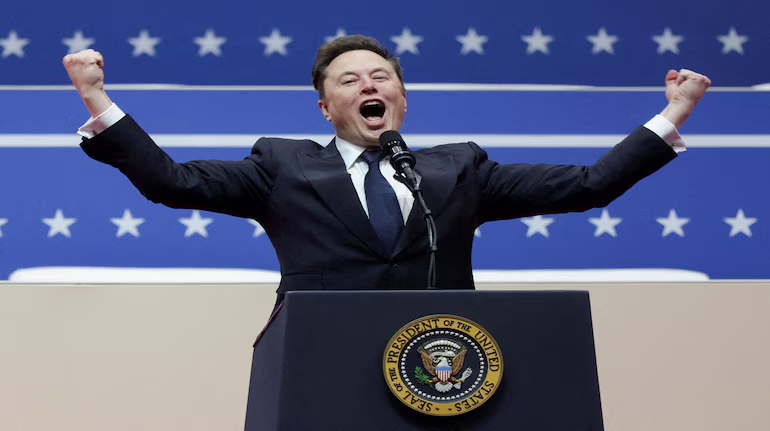
Examining Federal Budget Cuts and Their Consequences
The United States is currently grappling with a national debt that exceeds $36 trillion, with an additional $2 trillion added in the past year alone. In light of these figures, calls for budgetary reforms and reductions in government spending have intensified. However, the manner in which these cuts are implemented is equally important.
A prime example is the impact of budget changes on private and public schools in Iowa. The state currently offers over $7,500 in subsidies for parents to transfer their children from public to private schools. With income restrictions set to be removed next year, families with high-six-figure incomes will also become eligible for these benefits. Critics argue that such policies may allow private schools to prioritize wealthier applicants, further widening the education gap between different socioeconomic groups.
Similarly, concerns have been raised about the role of private entities in government operations. For instance, the influence of figures like Elon Musk in shaping government policy has been met with mixed reactions. Some lawmakers, like Ashley Hinson, have expressed support for Musk’s involvement, viewing it as a step towards increased efficiency. However, others argue that allowing a private individual to exert such influence over government agencies undermines democratic processes. Critics also point out that Musk’s actions have led to significant disruptions, such as refugees in Iowa facing eviction due to funding cuts.
Another major controversy revolves around the shutdown of the U.S. Agency for International Development (USAID). The agency, which operates on a relatively modest $30 billion budget compared to the $850 billion military budget, provides critical aid for global food security, medical research, and disease prevention. The abrupt elimination of such programs without thorough review raises concerns about the unintended consequences of budgetary decisions. While eliminating inefficiencies is important, doing so without careful consideration of the broader implications can lead to humanitarian crises.
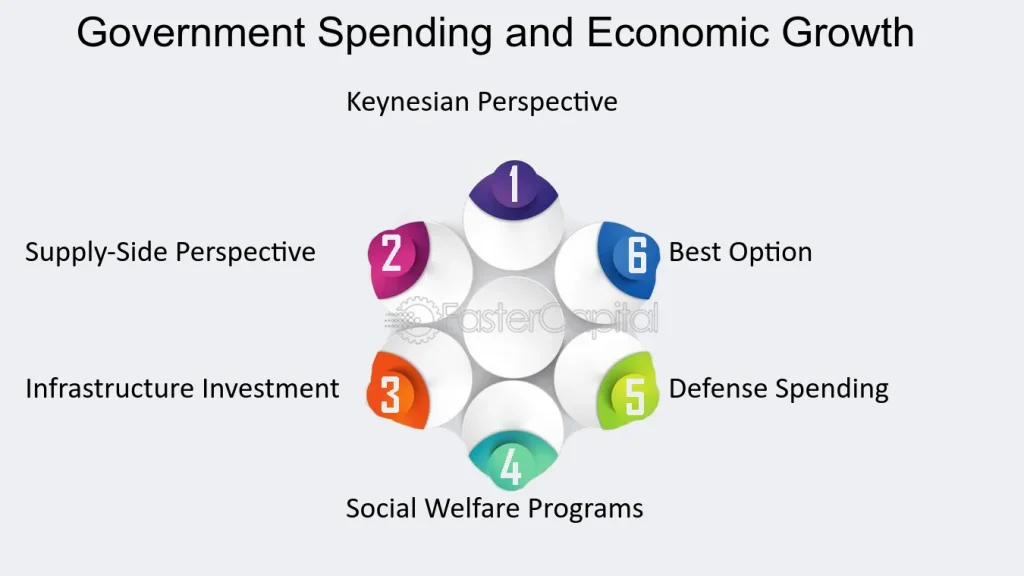
Environmental and Social Implications of Budgetary Policies
Beyond immediate financial concerns, budgetary decisions also have far-reaching environmental and social implications. The ongoing debate about climate change and government responsibility is a key example. As scientific consensus points to the dangers of increasing CO2 levels, many argue that government funding should prioritize the transition to sustainable energy. The weakening of Earth’s natural cooling mechanisms due to excessive carbon emissions underscores the urgent need for policy action. However, political and economic interests often stall such initiatives, leaving long-term environmental concerns unaddressed.
In addition to climate concerns, discussions about the size of government remain a recurring theme in American politics. The United States ranks third in population size and fourth in landmass, making large-scale governance necessary. Comparisons with smaller nations like Denmark often fail to account for the complexities involved in managing a country of America’s scale. While there is room for efficiency improvements, calls to drastically shrink government operations may overlook the necessity of certain programs and services.
The Debate Over Unelected Power in Government Decision-Making
A recurring critique in recent years has been the role of unelected individuals in shaping government policies. During the COVID-19 pandemic, many Republicans voiced concerns about Dr. Anthony Fauci’s influence, arguing that an unelected official should not have such decision-making power. However, these same critics appear less concerned about the growing influence of billionaires like Elon Musk over key government operations. This perceived inconsistency in holding individuals accountable raises important questions about democratic governance and transparency.
The influence of private individuals on government policies should be carefully examined. While innovation and efficiency are valuable, allowing unelected individuals to unilaterally reshape government functions can set a concerning precedent. Government decisions should be guided by public interest and democratic principles rather than the preferences of a select few.
Conclusion
The work of DOGE in uncovering inefficiencies in government spending is a necessary and long-overdue step toward fiscal responsibility. However, the implementation of budget cuts must be approached with thoughtfulness and care to avoid unintended social and economic consequences. The role of media, political biases, and private influence in shaping public discourse further complicates these issues. Ultimately, responsible governance requires a balance between efficiency and the protection of essential services, ensuring that policy decisions serve the best interests of all citizens.
Disclaimer – Our editorial team has thoroughly fact-checked this article to ensure its accuracy and eliminate any potential misinformation. We are dedicated to upholding the highest standards of integrity in our content.








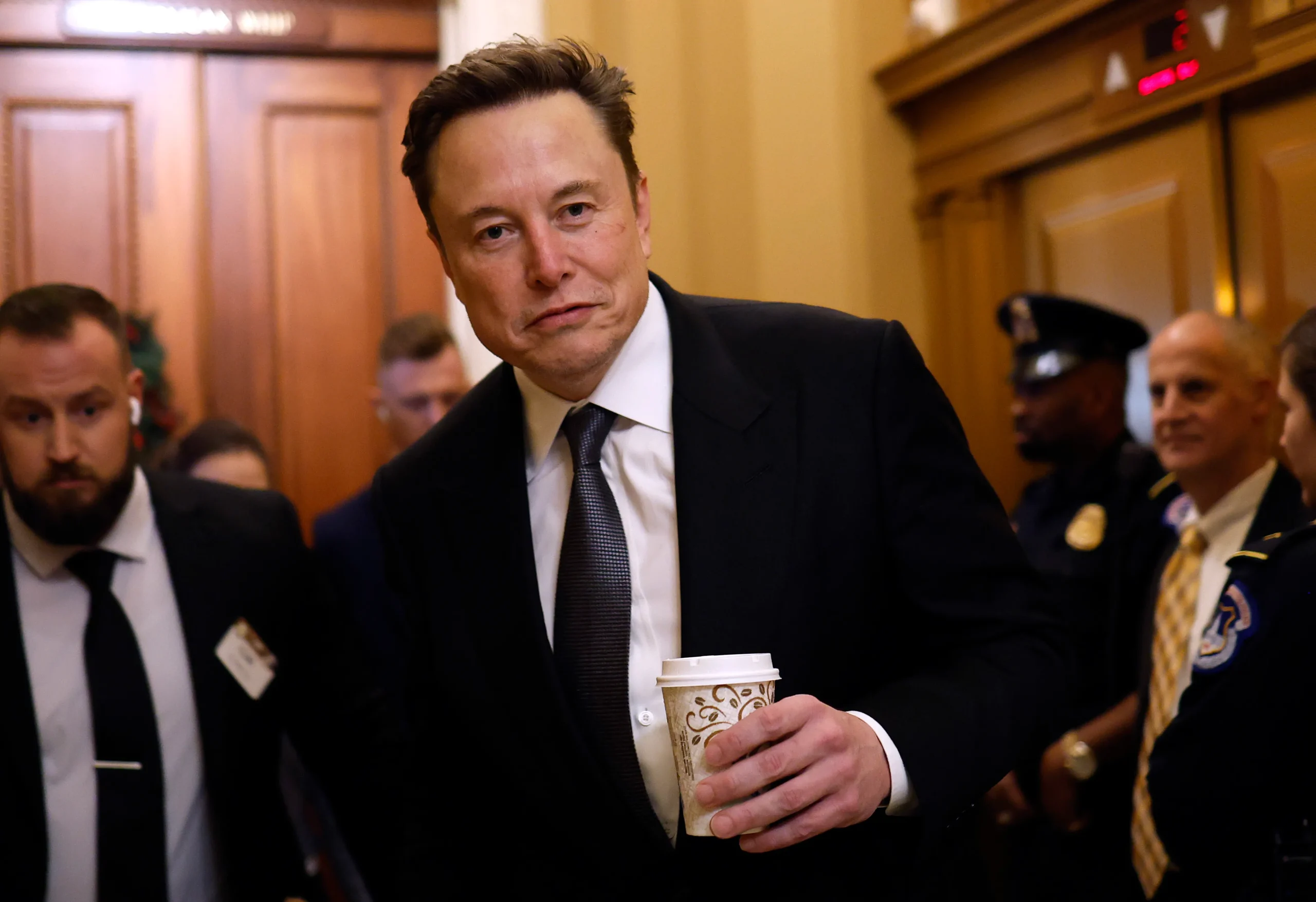
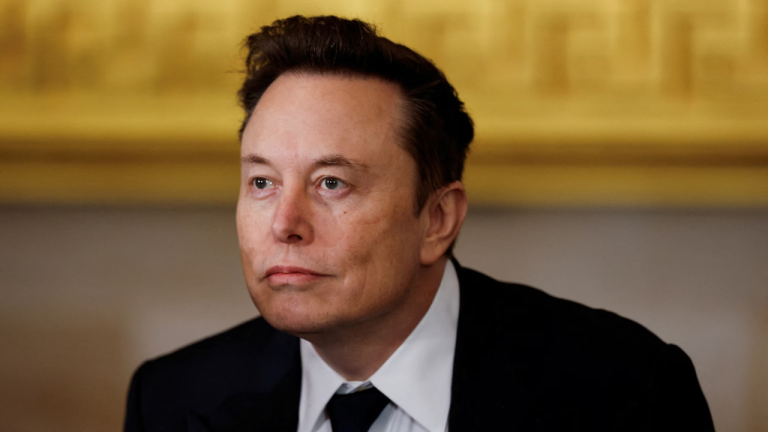


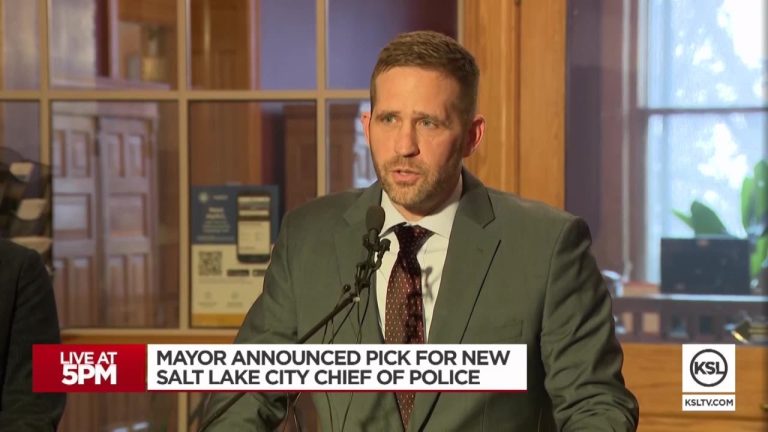












+ There are no comments
Add yours